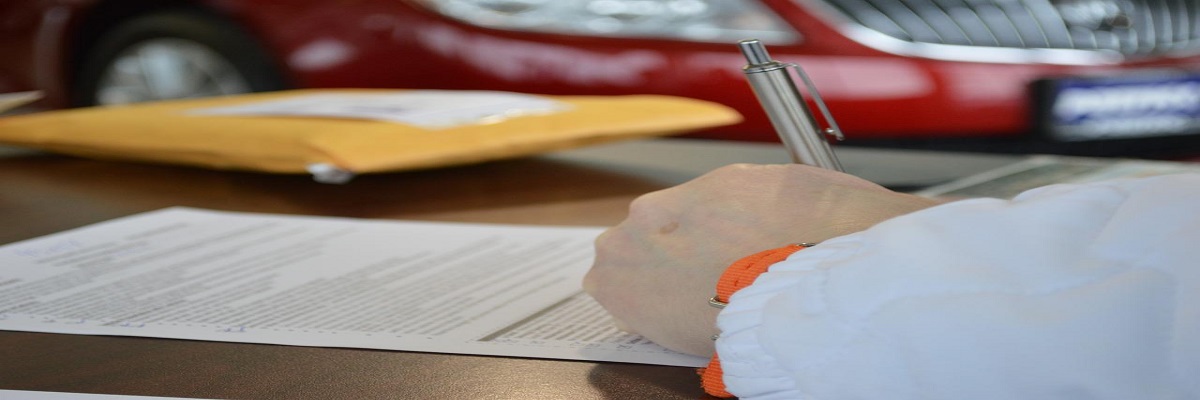Call: 888-297-6203
Chapter seven bankruptcy may seem very easy to some but very confusing to some too. These are some things you need to know about chapter 7 bankruptcy.
1) What is Chapter 7 Bankruptcy and how is it different from Chapter 13?
A chapter 7 bankruptcy is nothing but a form to give a debtor and option to let go of all of their debts. It may include liquidation of their assets to pay them off.
The major difference between the two is that: Chapter 13 sets a payment plan to pay the debts, while chapter 7 allows extinguishing their debts.
2) Eligibility Requirements
The basic requirement is to take a “means test” so that the maximum income allowed to qualify for bankruptcy is determined by that debtor. In case someone does not qualify for the same, you have to recheck your data and find exemptions that might make you eligible. Or, you may want to go for another option.
3) Charges included in Filing
The main charges include Chapter 7 Court fees and the attorney’s fees. Two courses also incur small fees.
4) Process of Chapter 7 and Time taken
After signing on with the attorney, you will have to collect certain of your documents, fill them out, certain forms, and then give the same to your attorney who will fill the official forms and submit them to the court. 4-6 weeks process. After that, the court will set up a meeting with the creditors. Once that is over, you will have to take two courses and submit the certificate to the court. If all is well, you get a clearance from the court.
5) Exemptions
Exemptions are certain protections that help you keep certain properties in bankruptcy. Say you have a house. Depending on the situation you may get to keep your house under the bankruptcy exemptions offered. You can also claim your car as an exemption.
6) Affect on Credit
After applying for bankruptcy, your credit score will significantly drop initially. However, with time you can pick it up again.
7) Automatic Stay and Pending Lawsuit
Once bankruptcy is filed, an automatic stay is a hold that does not allow creditors to take activity against the debtor.
As a result of the automatic stay, even if you have any pending lawsuits, they will all be put to hold. However, you need to list all pending lawsuits in your initial filings.
8) Getting rid of Taxes, Domestic Obligations, and Student Loans
Apart from some exemptions, the debtor does not get to clear the tax obligations, child support and alimony, or student loans.
Under certain situations, you can even convert your chapter 7 case to chapter 13. Talk to an experienced attorney if you want any of these to be clear to your chapter 7 bankruptcy. You can also contact Recovery Law Group from Los Angeles & Dallas, TX for the same. Contact – (888-297-6203).
9) 341 Meeting or Meeting of Creditors
This is a meeting conducted between the Trustee, the debtor, and the creditors. This meeting helps the Trustee get a better idea about your case and gets to ask you questions that have been going on in their mind.
10) Courses under Chapter 7
Once file for bankruptcy, a Debtor needs to do two courses. The first is a credit counseling course, which teaches the debtor the proper use and management of debt. The second is financial management course, which helps the debtors to establish personal financial skills.

